Few things are universal where skin care is concerned. What works well for your friend or a family member may not perform the same way for you, or vice versa. One thing that is true across the board, however, is that sunscreen is a must — every day. The importance of daily SPF use has been hammered into us for years, and yet plenty of myths about this skin care staple remain prevalent. We’re here to dispel them once and for all.
We chatted with double-board-certified dermatologist Dr. Karan Lal, D.O., M.S., FAAD, to get to the bottom of a few common sunscreen myths and misconceptions. Read on for his expertise — and keep his advice in mind next time you reapply your SPF (which, for the record, should be at least every two hours).
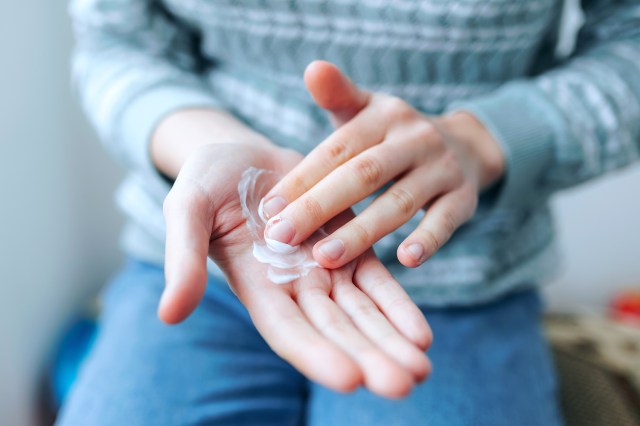
Myth No. 1: You Can Skip Sunscreen If It’s Cloudy
One of the most prevalent myths — if not the most prevalent myth — Dr. Lal encounters in his practice relates to the daily use of sunscreen. “Patients think that they don’t need to wear sunscreen if they aren’t going to be out in the sun for prolonged periods of time,” he says. In reality, sunscreen is essential every day, regardless of the weather. “Just because it’s raining or overcast doesn’t mean UV rays aren’t penetrating the ozone layer,” he adds. Dense cloud cover blocks only about 50% of UV rays, according to the National Institutes of Health, and some clouds can even intensify ultraviolet radiation.
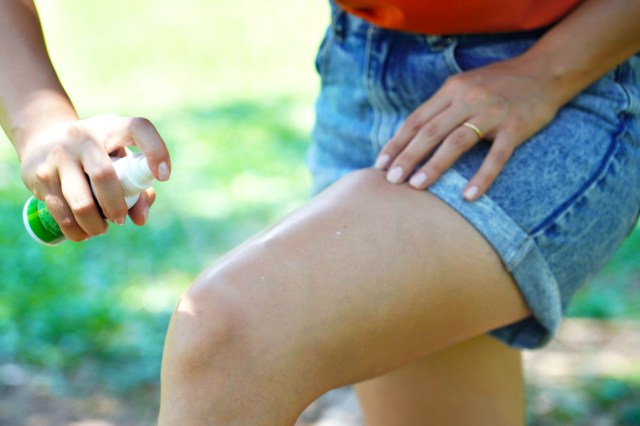
Myth No. 2: A Higher SPF Means Longer-Lasting Protection
You might assume that an SPF 100 sunscreen would offer longer-lasting protection than an SPF 30 sunscreen, but that’s not the case. According to the United States Food and Drug Administration, SPF, or sun protection factor, correlates to how much solar radiation the formula blocks (or absorbs) — not how long it works. An SPF 30 sunscreen absorbs 97% of UV rays, while an SPF 50 sunscreen absorbs about 98%. So while a higher SPF does offer slightly better protection against UV rays, it doesn’t last longer. No matter how high the SPF, you should aim to reapply your sunscreen at least every two hours, and after sweating or swimming.

Myth No. 3: You Only Need Sunscreen If You’re Fair-Skinned
If you have darker skin, don’t assume that you can skip the sunscreen. While melanin provides mild protection against ultraviolet radiation, all skin is susceptible to sun damage — no matter how dark or light. Sun damage may be less noticeable on darker skin, but it can become more apparent over time. As Dr. Lal explains, people of color “are more susceptible to hyperpigmentation,” such as melasma and sun spots. Once these areas of discoloration develop, they can be tricky to treat. The best way to protect your skin against discoloration — and other sun-induced skin concerns — is by using a broad-spectrum sunscreen with an SPF of at least 30 every day.
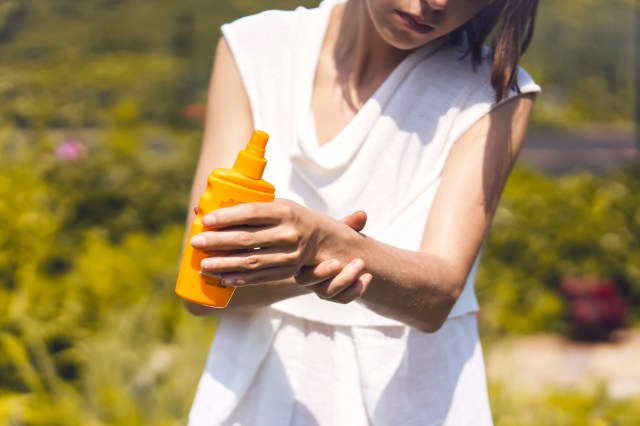
Myth No. 4: Mineral Sunscreen Is Better Than Chemical Sunscreen
Many believe that mineral sunscreens are better than chemical sunscreens, since they’re made without chemical UV filters. In reality, neither is objectively better than the other — they just work differently. According to the Skin Cancer Foundation, mineral sunscreens sit on top of the skin and physically block UV rays, while chemical sunscreens sink into the skin and absorb UV rays before they can damage your skin. Mineral sunscreens also tend to be gentler and better favored by those with sensitive skin, while chemical sunscreens often offer better longevity since they won’t sweat off as quickly. Ultimately, though, both mineral and chemical sunscreens are effective at protecting your skin against ultraviolet radiation — the right one for you ultimately depends on your skin type, tone, and personal preferences. (Some mineral formulas can leave a white cast on darker skin tones.) And no, neither causes cancer.
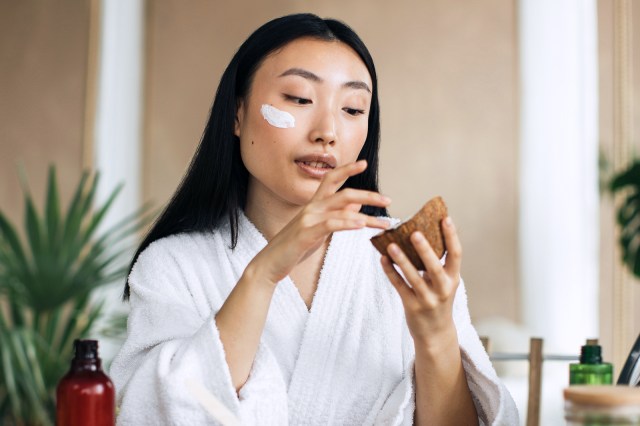
Myth No. 6: You Can Skip Sunscreen If Your Skin Care Has SPF
When your moisturizer, primer, and foundation all have sunscreen built into their formulas, adding another layer of sunscreen can feel like overkill. Not so, says Dr. Lal: “Sunscreen in makeup or skin care is secondary,” he says. He urges everyone to finish their skin care routine with a real sunscreen, regardless of how many other products in their routine have SPF in them. There are a few reasons for this, but ultimately, it comes down to how you apply your products. In order to sufficiently cover your entire face, you need a lot of sunscreen — about a nickel-sized dollop, per the Skin Cancer Foundation. Most people don’t use that quantity of moisturizer or foundation, so even if your products have SPF in them, you’re unlikely to get adequate protection without also wearing sunscreen.
This article is for general informational purposes only.
Affiliate Disclaimer Medical Disclaimer



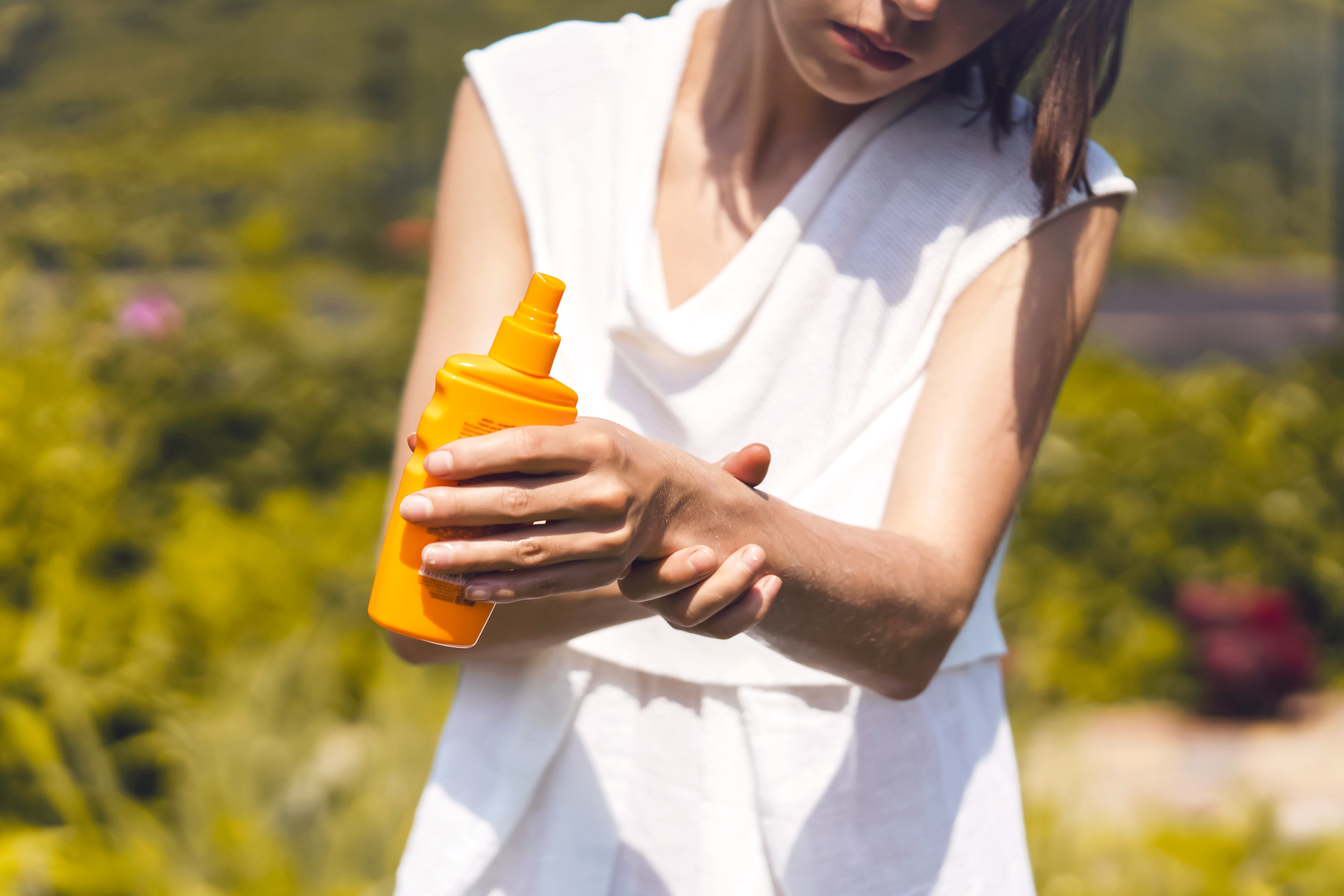
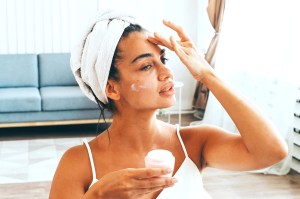





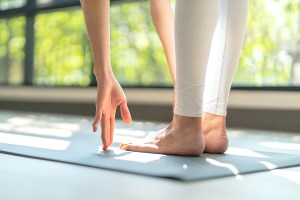



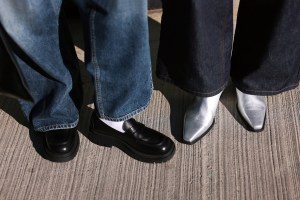

 Unique Beauty is free for all users.
Unique Beauty is free for all users.